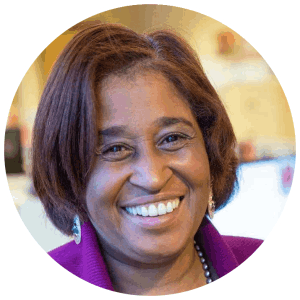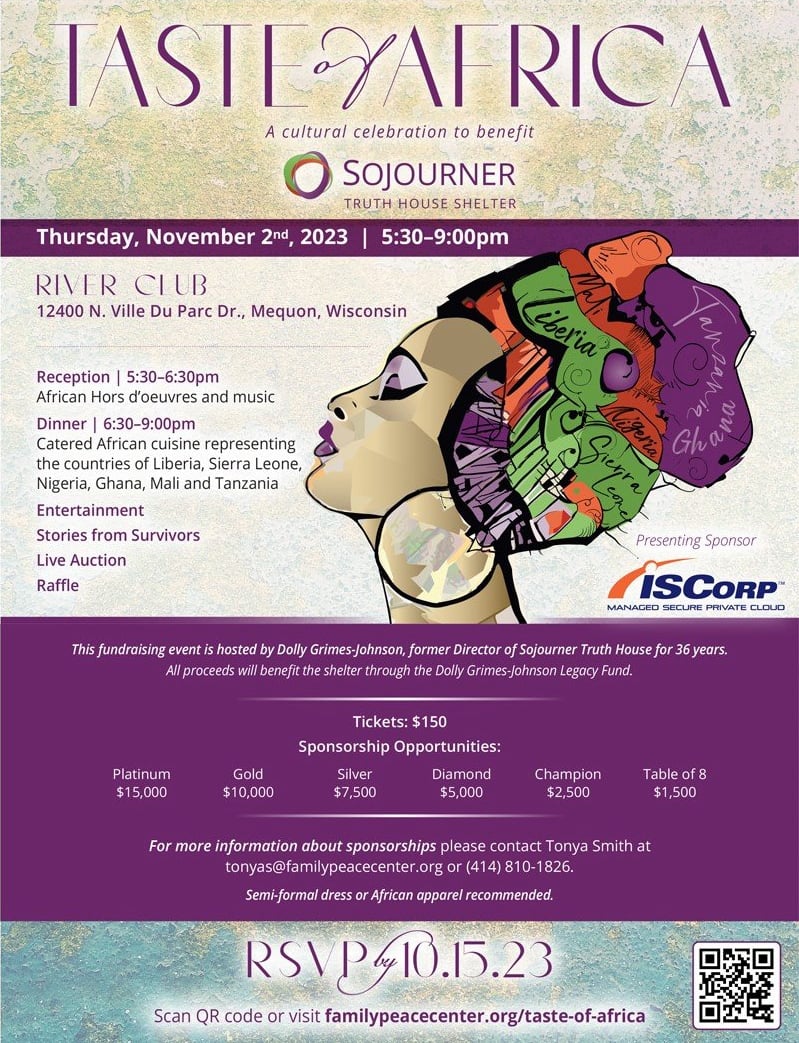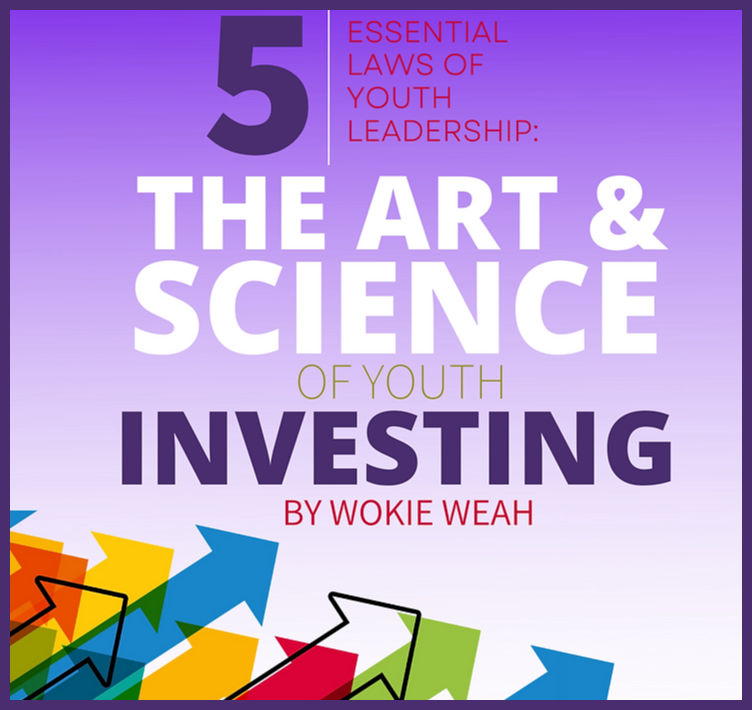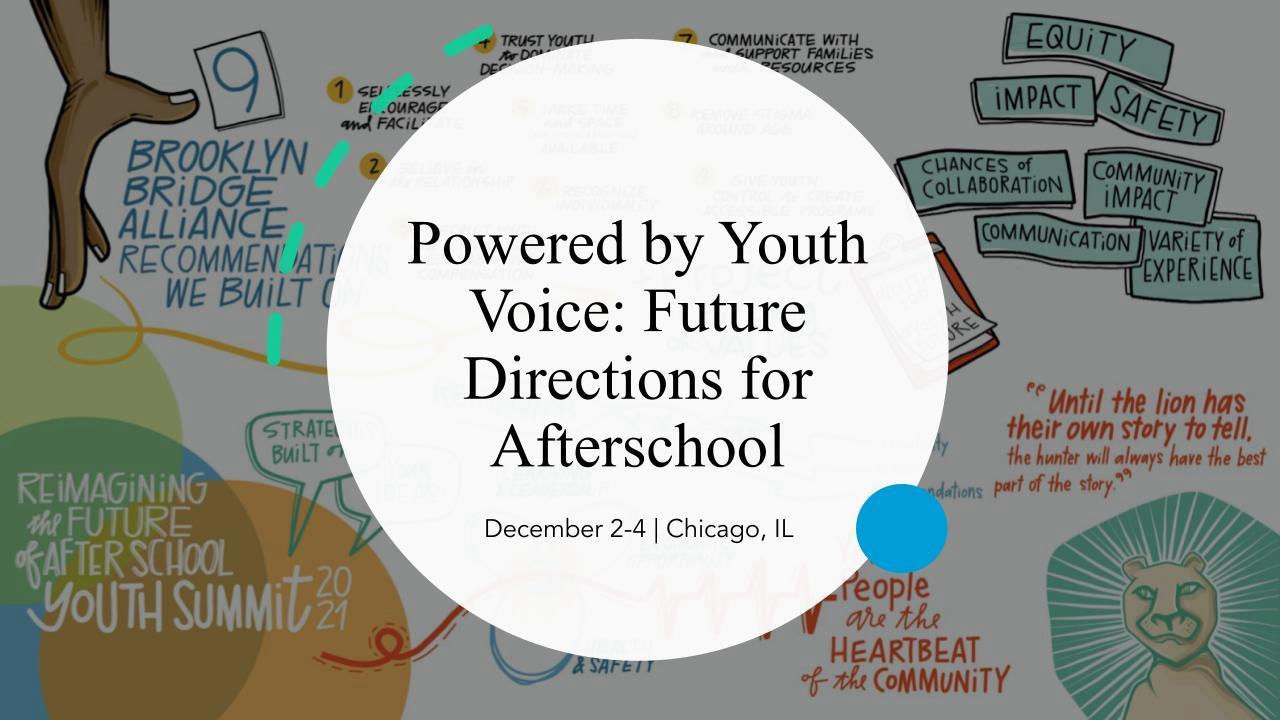Part Two - Namoa Koni: Proverbs and African Jazz
In part one of this series, you were able to learn the origin of Namoa Koni and how Liberians have used it for generations to reach new heights of success. My first series on Proverbs took you on a journey of the history of proverbs and what it means to me - In its simplest form, proverbs are insightful, traditional sayings that express a perceived truth based on common sense or life lessons. One of my favorite proverbs, “I am new oil, but I gained my experience from an old gourd.”, further expresses the impact that carrying traditions and culture will continue to have for many generations to come. Our Namoa Koni.
Acclaimed Nigerian novelist, poet, and author of Things Fall Apart, the most widely read book in modern Africa, Chinua Achebe asserted that “proverbs are the palm oil with which words are eaten” - palm oil is a type of edible vegetable oil that comes from palm trees that grow in Africa. For me, Achebe’s assertion evokes images of elders and youth sitting in a community circle pouring the rich red oil over life lessons used to teach, educate and remind us of our cultural heritage and identity. It also affirms what I know to be true, ‘Community lives in the hearts of young people and their families that dare to reimagine the world as it should be'.
How Namoa Koni: Proverbs Influenced My Approach
I recall one of the first-ever public speaking engagements I made as President of Youthprise was to a group of OST funders in the Twin Cities who were curious about the new President of the McKnight Foundation’s newly established philanthropic intermediary championing racial equity and youth voice. I made it a point to show up as my true authentic, unapologetic self - an African woman comfortable in her own skin, with her leadership style, and pushing for an end to systemic racism impacting our youth. My message that day, expressed through the medium of proverbs, was to signal that Youthprise would be guided by a substance-based, youth-centered approach that recognized the value of having BIPOC youth weigh in on decisions impacting their lives. Guided by another proverb “A true community lives in the hearts of the people”, the ultimate aim of that presentation was to remind the audience that the best model of philanthropy is one that invites the community to the ‘giving’ table as a partner and not a recipient.
Over the years, I have used my Namoa Koni: Proverbs as an important part of Youthprise’s professional development toolkit to challenge stakeholders’ implicit biases which often blinded them to be effective advocates with and for racially diverse youth whom I believe have the capacity, but often lack the opportunity to demonstrate their full potential. “When Two Elephants Fight, the Grass Suffers”, a direct but subtle philosophical gem to remind us that sometimes it is best to put aside political differences for the betterment of all.
How Namoa Koni: African Jazz Influenced My Approach
Another important “rock” in my leadership journey is my passion for African Jazz music. This passion was sparked in 1978 when I met the acclaimed South African musicians Hugh Masekela and Marian Makeba who were exiled in Liberia while escaping South Africa’s brutal apartheid system. The sounds of their African Jazz music made me hopeful that better days were ahead for the world.
Masekela was a master trumpeter and Makeba could make her voice click in ways I had never heard. Masekela’s “Hope” album recorded in 1993 contains two of my all-time jazz favorites, Market Place and Ntylio, Ntylio(The Love Bird). In 2000, that spark was reignited when I traveled to South Africa as part of an all-female UNICEF delegation in search of promising practices in Juvenile Justice reform. Cape Town and Soweto reintroduced me to a blend of music fusing American, European, and African traditions into one human sound – African Jazz. The sounds of South African jazz during that trip were both powerful and haunting and instilled an everlasting appreciation for musicians like Masekela and Makeba. However, I was not aware that my path would cross with Masekela again in the late nineties as he was a frequent visitor to the Twin Cities and collaborator with musical icon Prince.
The African Salon + Youthprise
In 2015, I got my chance to fully integrate African jazz into Youthprise’s programming efforts through a collaboration with the critically acclaimed East African vocalist and songwriter Somi.
This collaboration birthed Somi to propose the “Salon Africana”, a concept targeting youth from the Twin Cities large African Immigrant communities and neighborhoods to foster greater cross-cultural awareness, creative expression, and identity formation. During this time, Somi was fresh off an 18-month creative sabbatical to Lagos, Nigeria, home to jazz musician Fela, where she used Lagos art galleries and underground art spaces to perform and collaborate with local Nigerian musicians. That African salon morphed into an album called the “The Lagos Music Salon” in 2014 featuring the Grammy award-winning artist Angelique Kidjo and Common. It debuted at number 1 on all the US Jazz charts and eventually the Youthprise/Somi collaboration culminated in Somi’s performance at the Ordway Theater in 2017 with the help of Robin Hickman, CEO and Executive Producer of Soul Touch Productions and the Ordway Executive Leadership Team.
The Africana Salon concept advocated fiercely for using multi-disciplinary art forms to challenge antiquated notions of African expression and cultural identity. An acclaimed songwriter’s interest in supporting African youth paved the way for deeper collaboration between Youthprise and the innovative After School Mobile Jazz Project which provides free jazz concerts for the communities.
Proverbs and African Jazz are important parts of Youthprise’s narrative on understanding how the whispers of Africa’s talking drums, and nuggets of wisdom transmitted verbally through the generations can increase the cultural and global fluency of a new generation of BIPOC youth. Most importantly it also helps me understand my passion for investing in entrepreneurs from the continent who believe like I do, that alternative ways of leading rooted in understanding your core cultural identity, yields rich lessons learnt across Youthprise’s 3 impact areas learning and leadership, economic opportunity and health and safety. In part 3 of the Namoa Koni series you will deep dive into 7 lessons that I have learned while transforming philanthropy, research and policy systems. Stay tuned.



